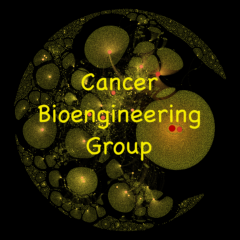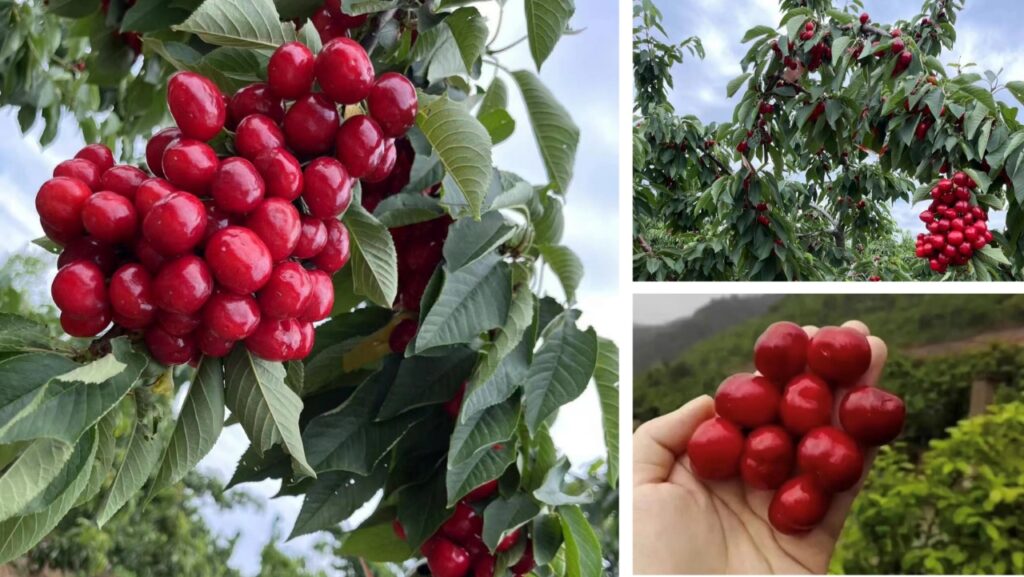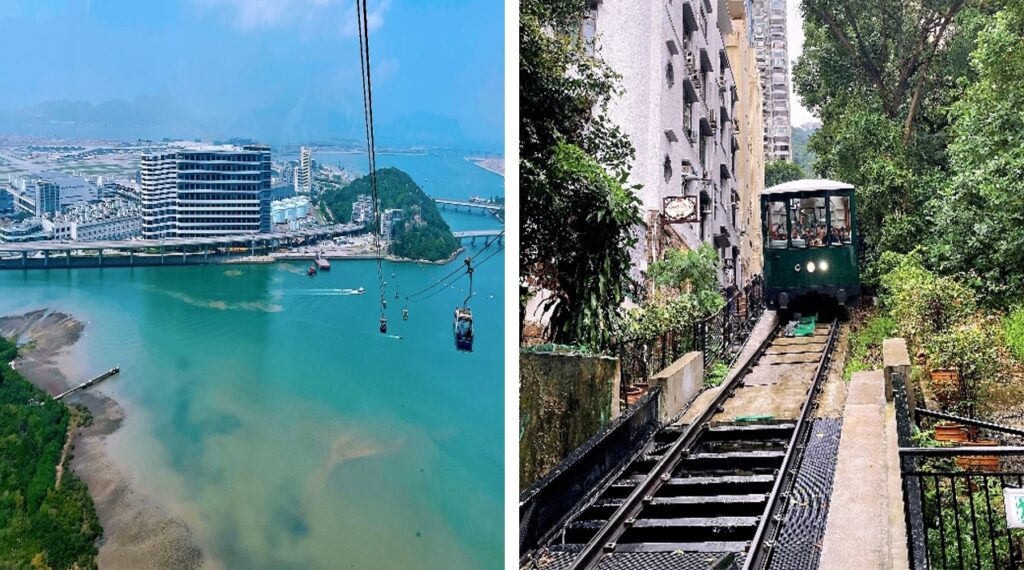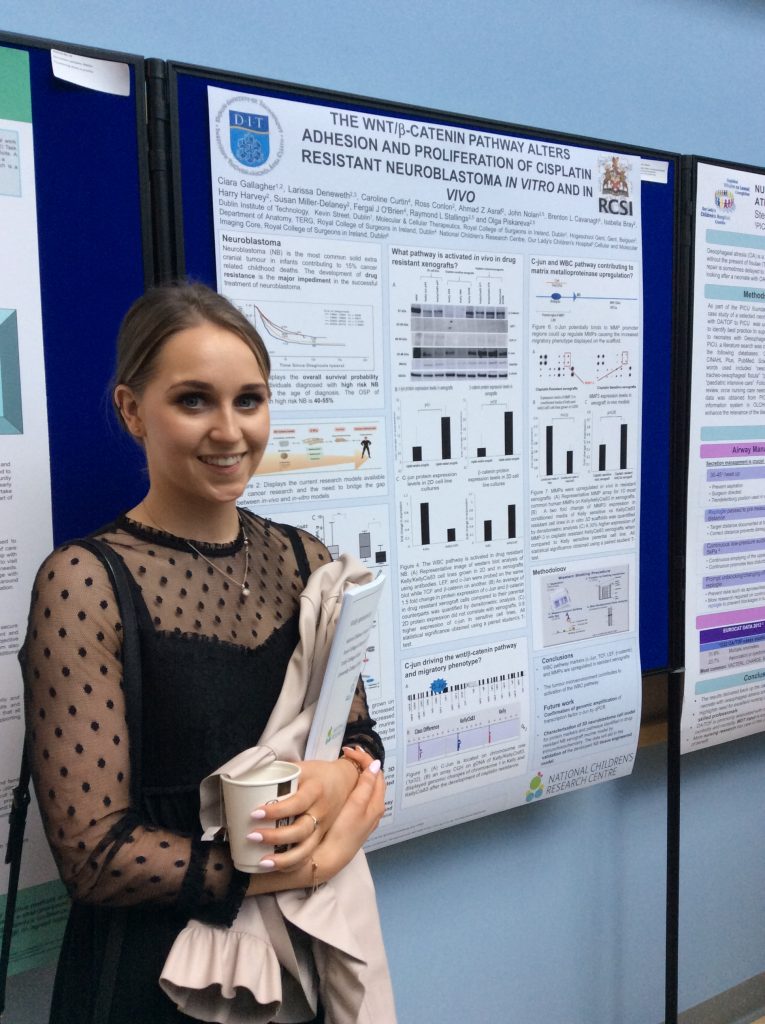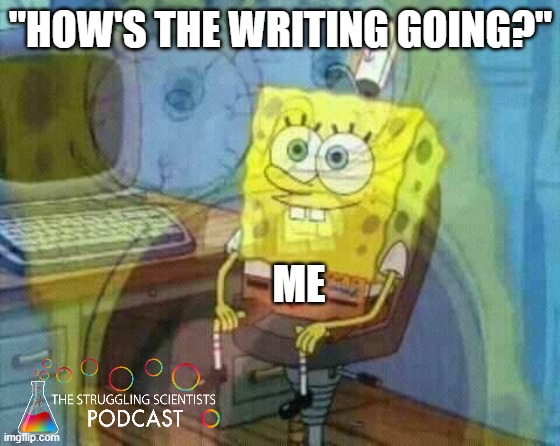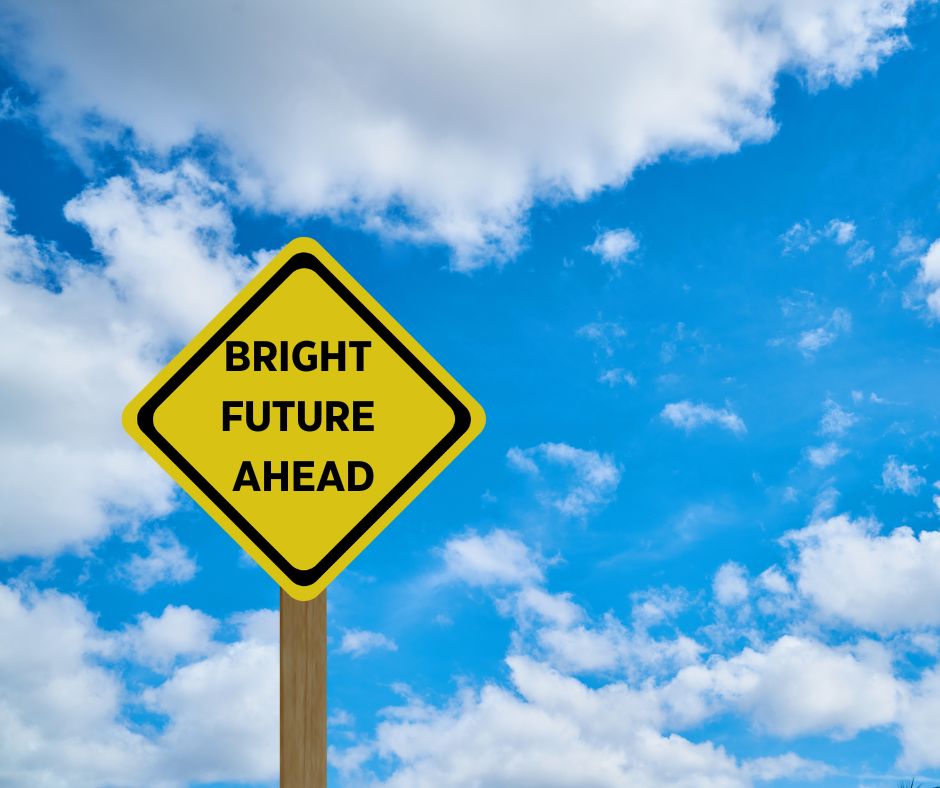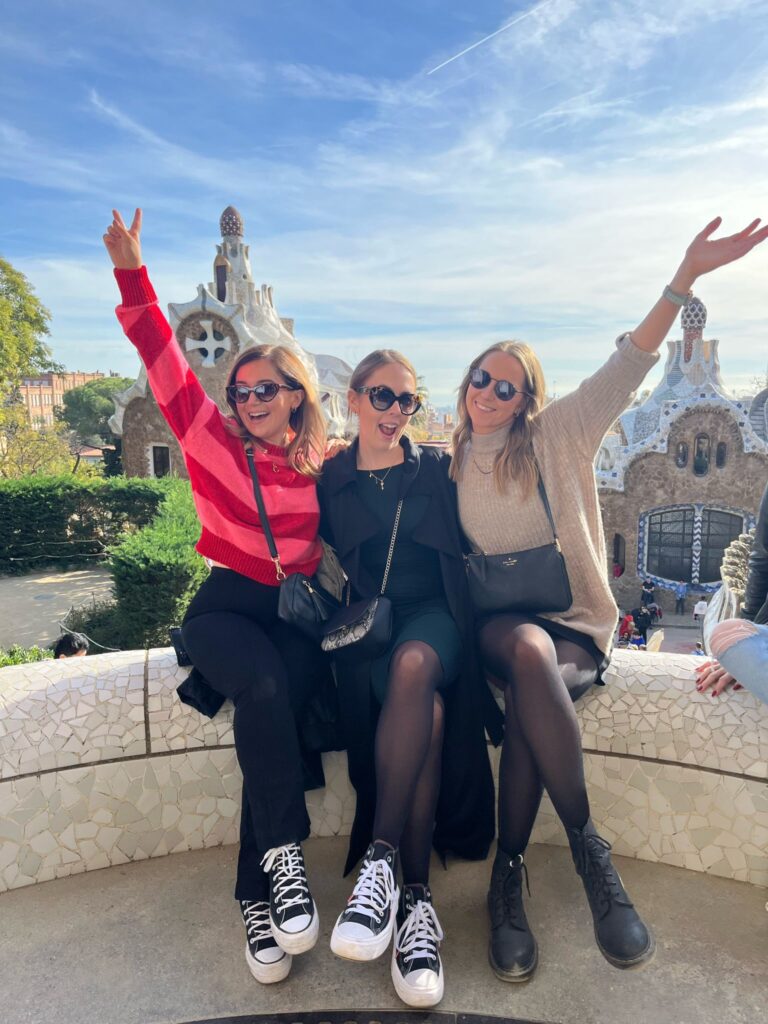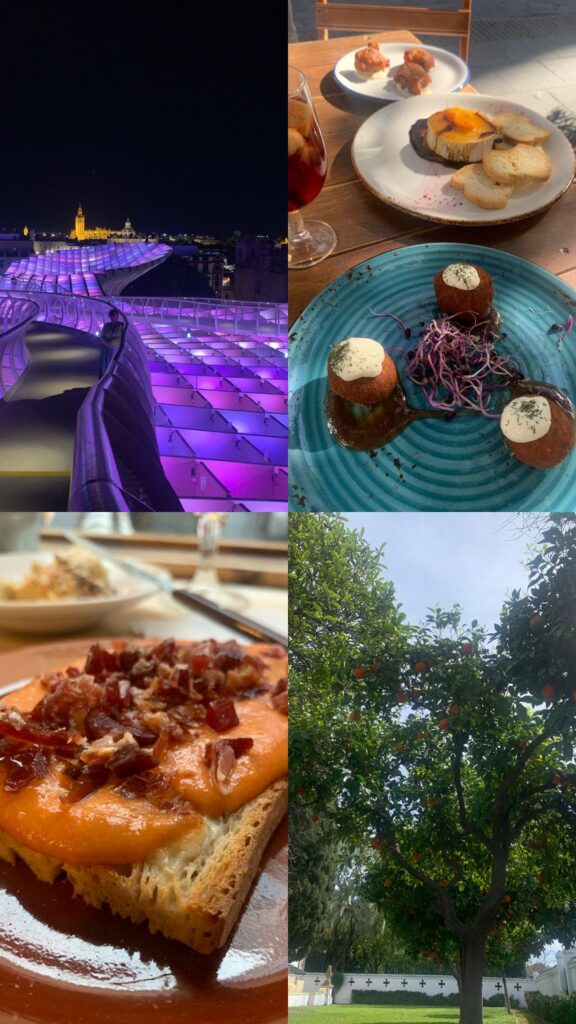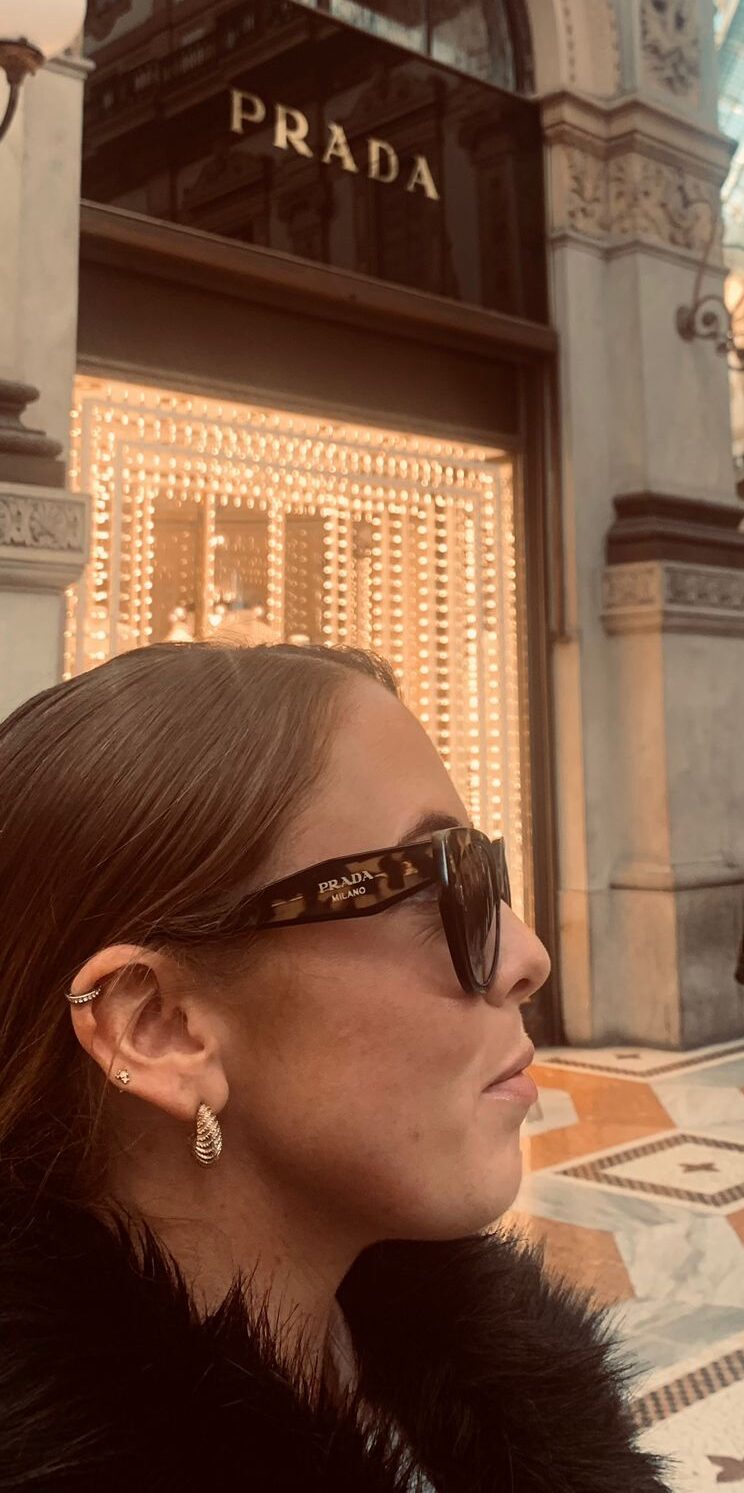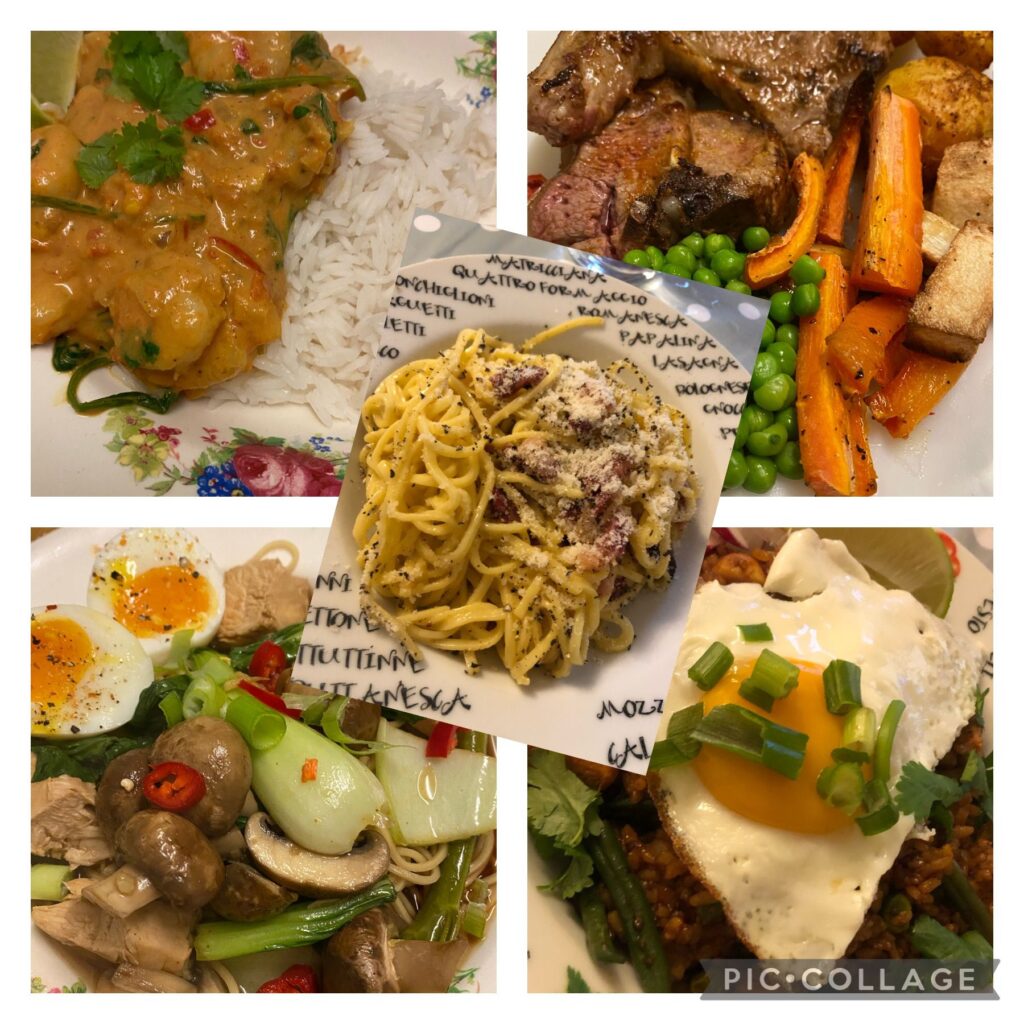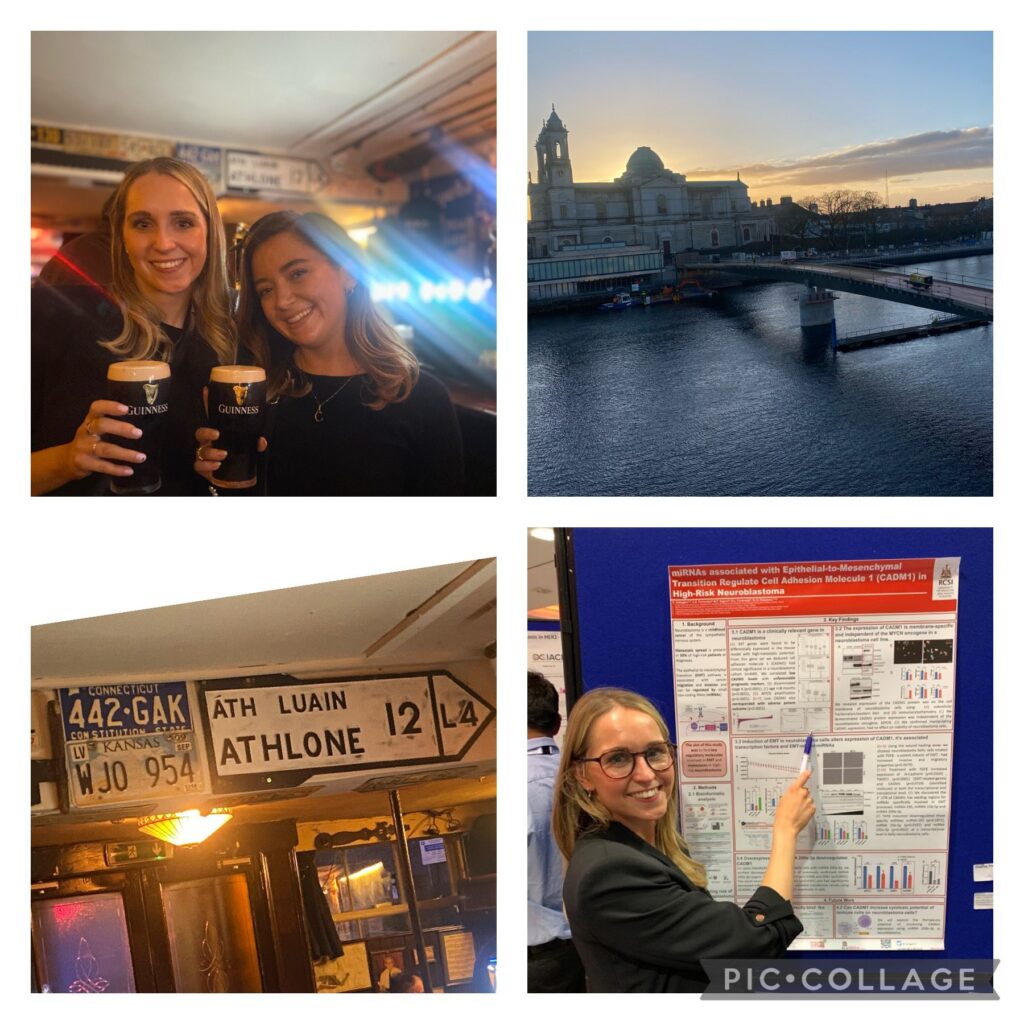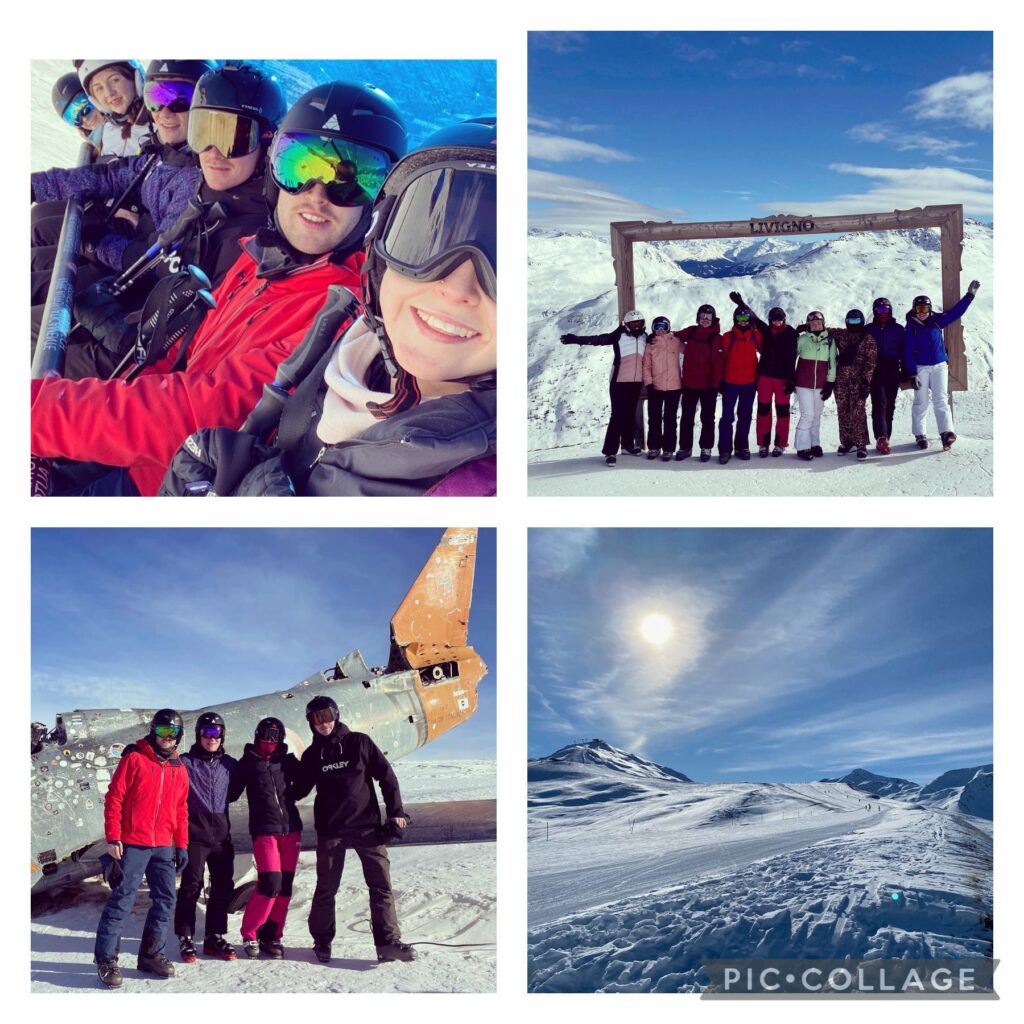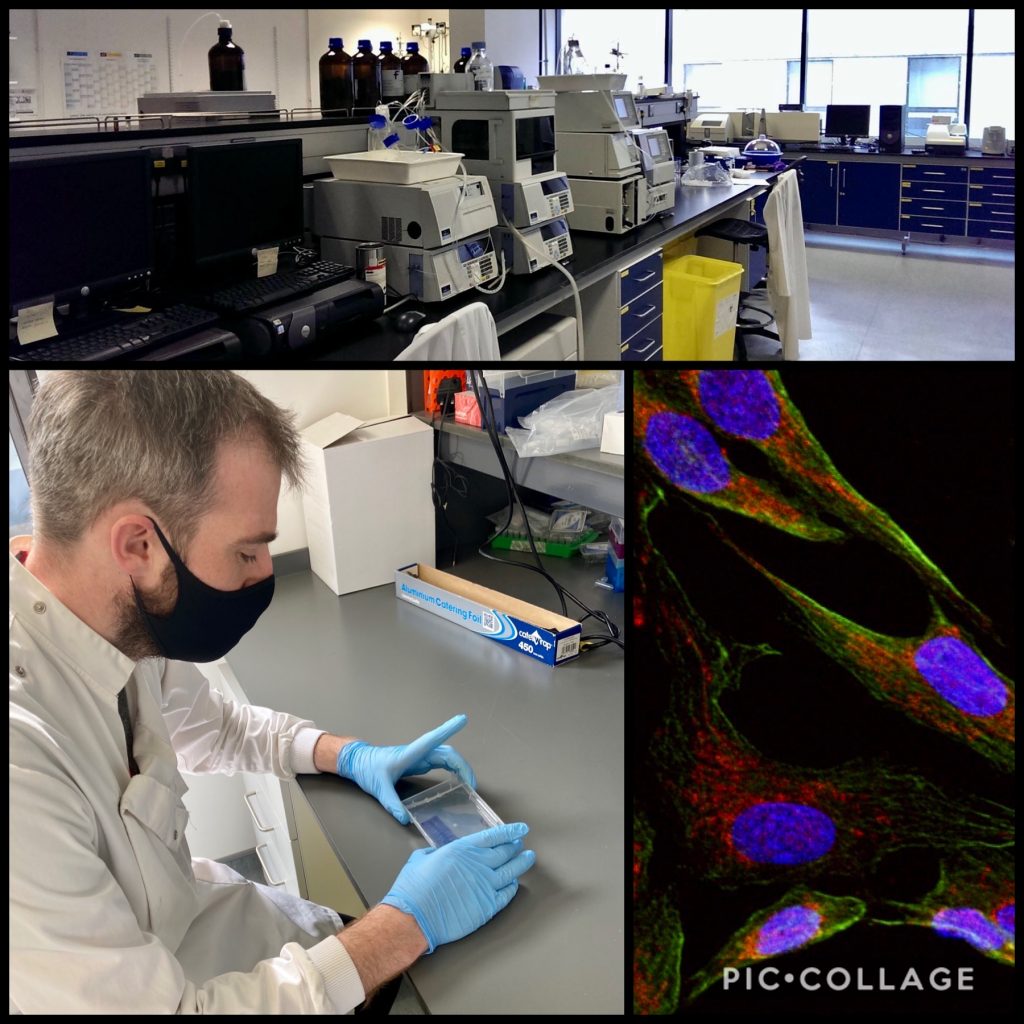Absolutely not.
If you read my last blog post in May, you’ll know that I made a list of my five top tips for keeping sane while thesis writing (read here). Well, today, I’m here to tell you that despite my best efforts, the “so close to the end” pressure and lunacy did eventually get me.
As I’ve said before, writing a thesis is hard. Not knowing when you’ll be done is hard. Setting deadlines to work towards, which subsequently fall through, is hard. And I actually now think it’s unreasonable to believe that there’s a 5-step formula to prevent this from taking a toll on your mental state.
I submitted my PhD thesis on the 15th of June – I won’t tell you how many months later than my original goal this is. But I submitted it nonetheless. The weeks leading up to this submission were tough as I started to feel the burn-out and longed to be done. I think the tips I shared before can help during this time, but I won’t tell you that they made my stress and desire to be finished disappear.
These feelings lifted the day before my submission, my last day of minor edits and final checks when I got up to watch the sunrise. I sat watching the sun rising over the sea and tried to embrace where I was in the present rather than thinking about where I could have been had I submitted sooner or where I’ll be in a few months when I close my PhD chapter. I started to feel some relief as I could see the light at the end of the tunnel just as clearly as I could see the sun rising. I listened to Billy Joel Vienna on the way home – “Slow down, you’re doing fine” – reinforcing all these feelings.
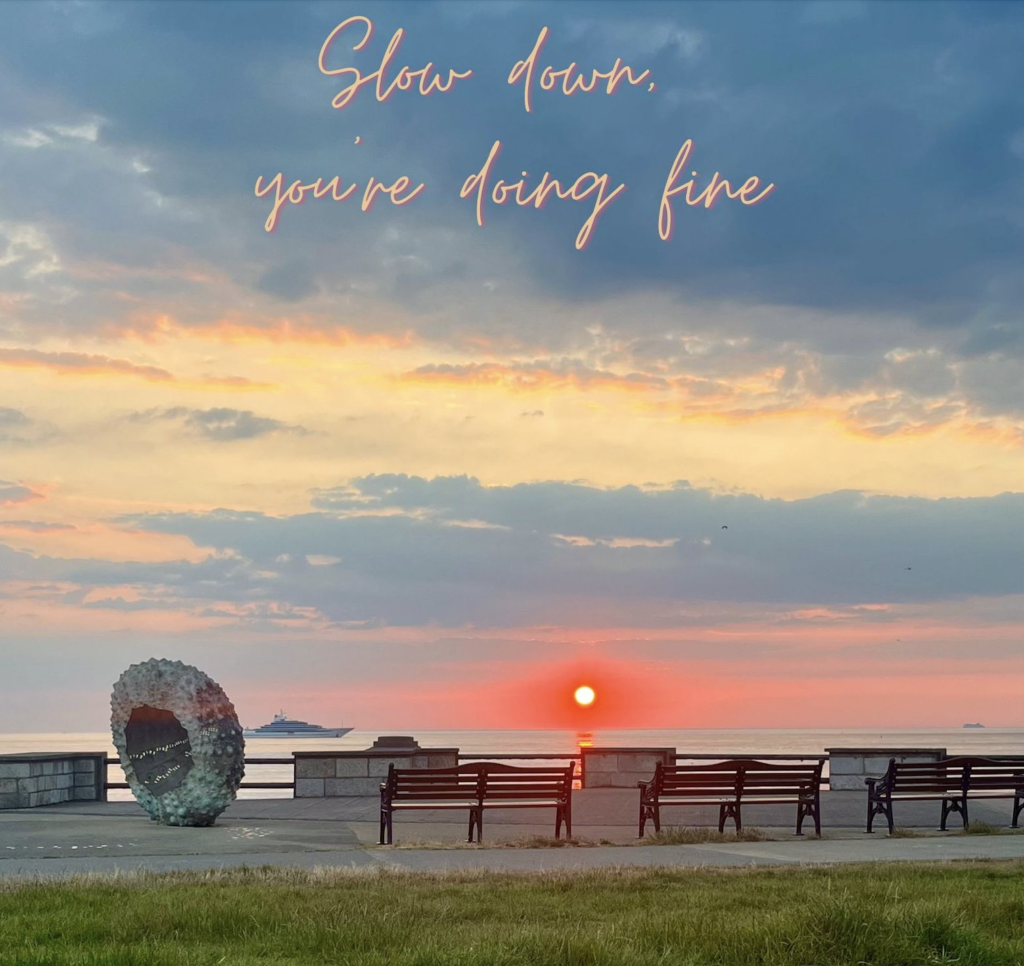
That day I wrote my thesis acknowledgements, where I thanked everyone who helped me through my PhD. I focused particularly on those who helped me in my not-so-sane moments over the thesis-writing period, my family and close colleagues/friends.
I still believe that the tips from my last post – maintaining social contacts, exercising, getting outdoors, having some fun and planning ahead – can help you navigate the thesis process. But I take back what I said about them keeping you sane. Because sometimes, the task at hand is just too big for one person to tackle without going off the rails a bit. It’s a balance between self-care, asking for help when needed, and simply riding out the waves.
For anyone who’s writing up and is feeling a lack of sanity, I hope you can find your own ways to ride out the waves, and I hope your light at the end of the tunnel becomes visible soon. I can assure you the post-submission honeymoon period is definitely something to look forward to!
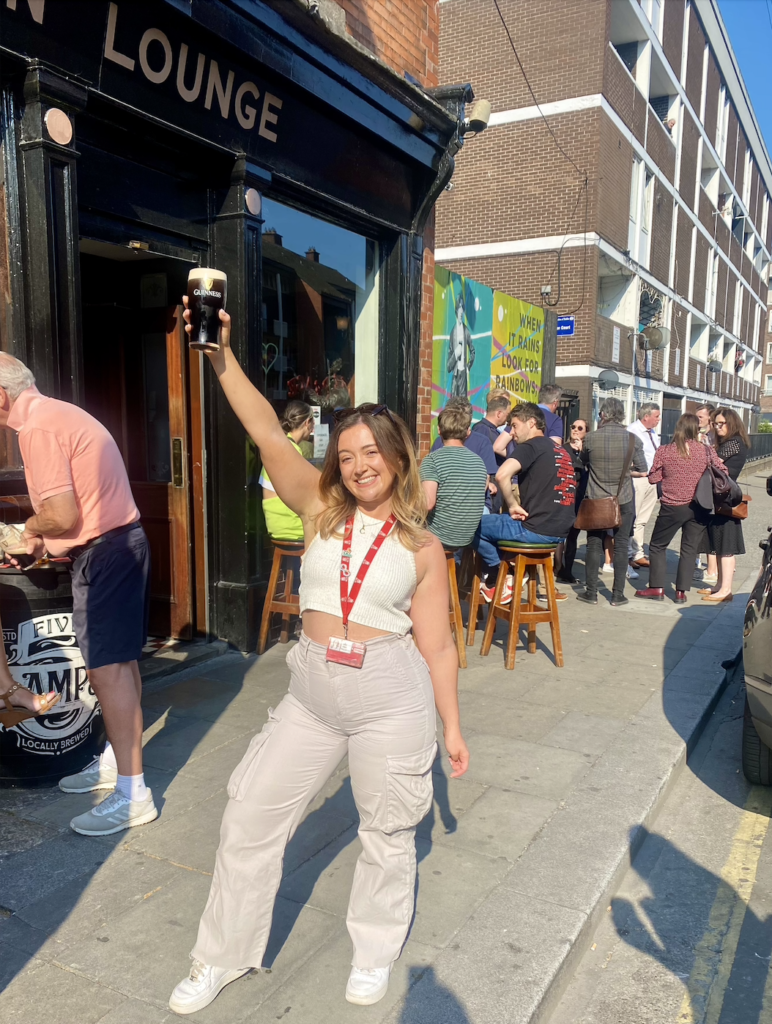
Written by Catherine Murphy
